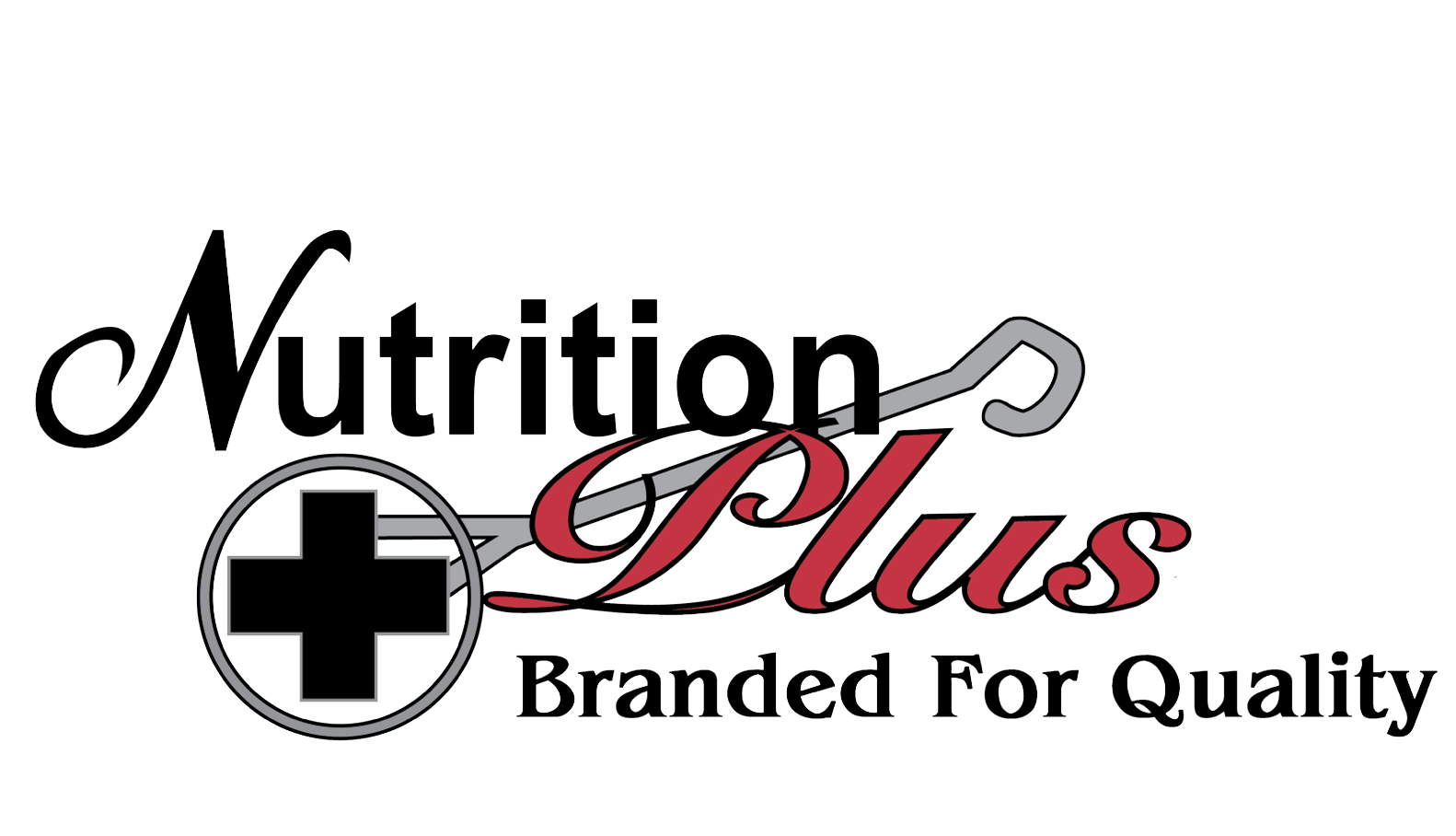Feed costs can leave beef producers digging deep into their pockets. As protein is a critical nutrient in beef cattle’s diets, providing adequate protein is important for long-term animal health and ranch profitability, especially when we know the ‘water-tank-ice-chopping’ type of cool temperatures are quickly approaching.
Protein Requirements
Protein in beef cattle diets is commonly expressed as crude protein. Cattle protein requirements vary with stage of production, size of the animal, and expected performance. During lactation, larger cattle typically require more pounds of crude protein per day than smaller cattle, but as a lesser percentage of their total dry matter intake. In other words, lighter cattle require higher quality feeds and forages at lesser quantities compared with heavier cattle. Cattle requirements for crude protein increase with increasing lactation and rate of gain. Protein is required for milk production as well as reproductive tract reconditioning after calving.
Additional protein and energy are often required to properly balance diets for growing cattle and lactating beef cows on forage-based diets. This is especially true when low-quality stored forages are the majority of the diet, as is often the case during the winter hay-feeding period after a poor hay production season, or with hay produced under low levels of management. Average quality hay also does not come close to meeting the protein needs of growing stockers when industry-acceptable average daily gains are desired.
The Key Position Protein Plays
Maintenance – Adequate protein nutrition is required for the maintenance of homeostasis, given that protein is required for several functions of the body.
Growth – The amount of amino acids required for growth is dependent on several factors including breed, sex, nutritional management, body condition score (BCS), production level, and animal age. Protein is required for adequate tissue accretion in ruminants, which is dependent on the quantity and/or balance of amino acids absorbed.
Lactation – The cells within the mammary gland absorb amino acids to synthesize milk protein. Diets lacking adequate protein content may result in reduced milk protein yield. In addition, adequate-protein supply in the diet is positively correlated with increased concentrations of milk lactose and fatty acids, and proper mammary gland activity.
Reproduction – Protein intake must be at an adequate level to optimize reproductive performance. Inadequate protein intake may cause estrus suppression, reduced conception rates, and weak newborn calves.
Health – Immunoglobulins are proteins and defense molecules produced by the body after it encounters a foreign organism, such as a pathogen. Inadequate immunoglobulin production may cause defects in eliminating the foreign organism from the body, which may result in additional health issues.
Gestation – Protein is required for adequate fetal formation. As previously mentioned, protein is required for the proper production of immunoglobulins, which protect the newborn calf against diseases. Given that the calf does not have a preformed immune system, the immunoglobulins obtained upon colostrum consumption are the main defense mechanism for the newborn calf.
In Summary
Protein supplementation often accounts for a large proportion of supplemental feed costs. Several types of supplemental protein sources are available for beef cattle diets. Young cattle that are in the process of growing, along with lactating cows are classes of cattle most likely to require protein supplementation.
After identifying the protein requirements of specific groups of cattle, the next step is to identify potential sources of protein to include in cattle diets. Contact a Nutrition Plus agent before the coverall weather sets in to discuss your protein options in beef cattle production.
Work cited:
https://extension.oregonstate.edu/animals-livestock/beef/protein-nutrition-cattle-0

